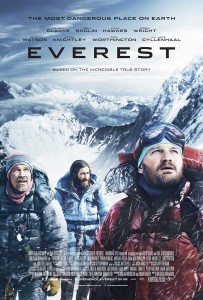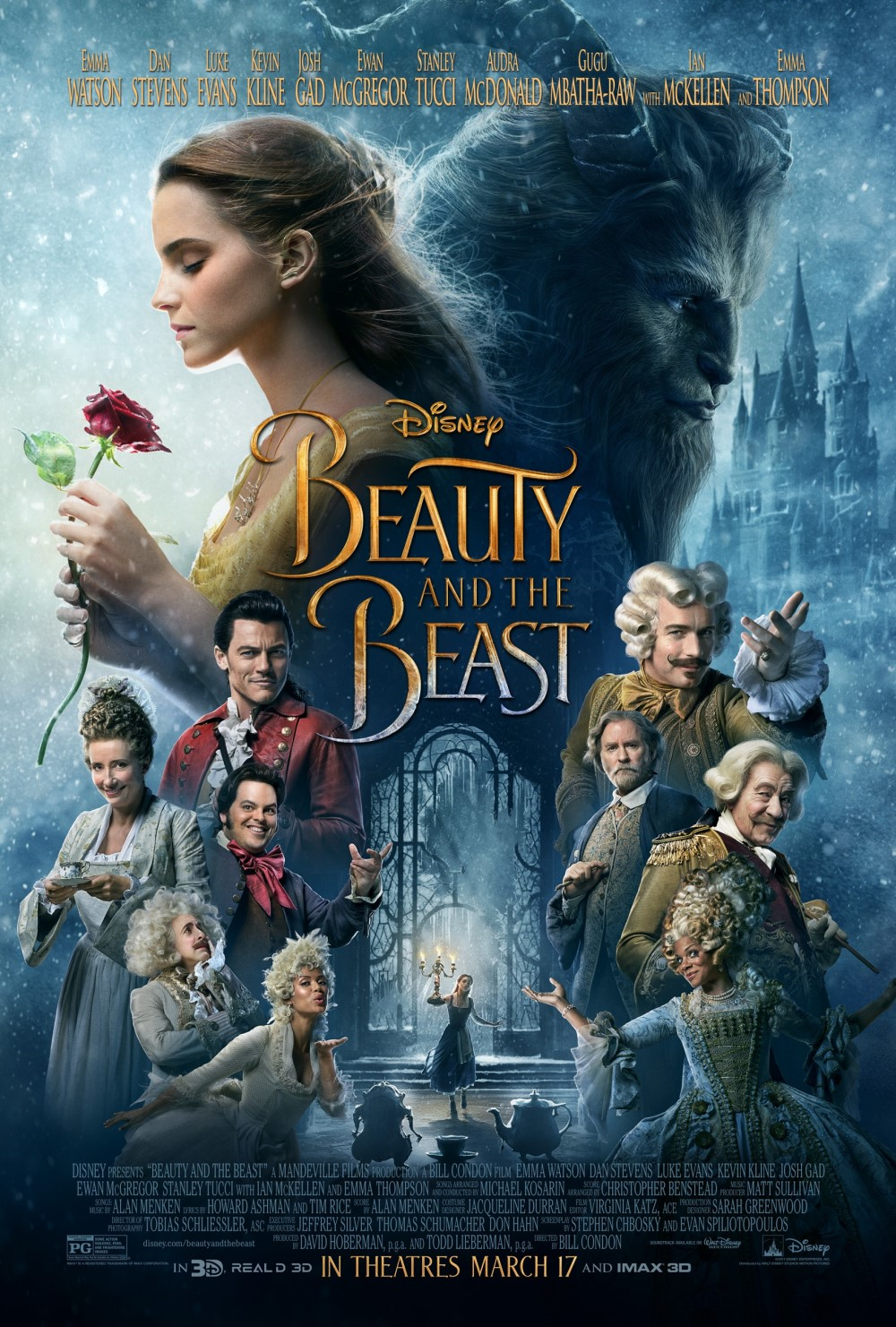 Starring: Jason Clarke, Ang Phula Sherpa and Thomas M. Wright
Starring: Jason Clarke, Ang Phula Sherpa and Thomas M. Wright
Directed By: Baltasar Kormakur
Rated: PG-13
Running Time: 121 minutes
Universal Pictures
Our Score: 3.5 out of 5 stars
Often times in disaster movies, the power of nature is mocked or built up like some supernatural phenomenon. “San Andreas”, “Volcano” and any Roland Emmerich movie are prime examples of nature needing to be deadlier than it already is to captivate an audience, but the director and writers of “Everest” have realized something very few know. Nature is already a disturbing mystery that doesn’t need to create 100 foot high tidal waves or to spawn volcanoes in the middle of a sprawling suburb to have a profound impact.
“Everest” follows along the events of a deadly 1996 Everest expedition, that’s been the subject of many documentaries and books, and it was most likely a news firestorm when it happened. I was only eight at the time so my memory banks were being dedicated to learning fractions and the plot line to rudimentary cartoons. So if you remember this incident, you know there’s not going to be a happy ending and in all fairness, that’s what makes a disaster a disaster.
Competing expedition groups are traversing the world’s tallest mountain. Each group is made up of individuals with their own personal accomplishment to achieve. Rob Hall (Clarke) heads up Adventure Consultants while Scott Fischer (Jake Gyllenhaal) heads a team called Mountain Madness. The groups are armed to the teeth with oxygen tanks and supplies. The journey, as expected, is a difficult one, but the real problems arise once they reach the summit.
The cinematography of “Everest” is nothing short of breathtaking. While most disaster movies rely heavily on CGI to make the unbelievable more believable; “Everest” uses CGI to make the believable even more bone chilling. Tension is so sparsely used that when it bubbles up, it’s acute. Knowing that the icy hands of death are ready adds to the suspense, especially for someone like me who had no previous knowledge of the events unfolding in this movie.
As for the true story aspect, my research reveals that “Everest” is fairly faithful. The most unbelievable moment of the movie for me was actually the most truthful to the actual events. So maybe that says something about film creators before who’ve abused the title of “based on a true story.” “Everest” has the emotional heft, but not the narrative weight to really convey a powerful message.
Its basic attempt is to have you shed a tear, but a better planned attack would have you leaving the theater pondering the existential meaning behind the deaths of these people. The articles I’ve looked up on the matter have raised questions that “Everest” never asks. In some regards, “Everest” is an expensive and star studded TV movie, but that’s not entirely a bad thing. In that light, “Everest” is sentimental storytelling at its finest. But I wouldn’t mind a message about the common man thinking he can trump nature with plastic oxygen tanks or how we just shouldn’t mess with things we’ll never understand. But as far as biographical disaster movies go, “Everest” has set a remarkably high bar.

